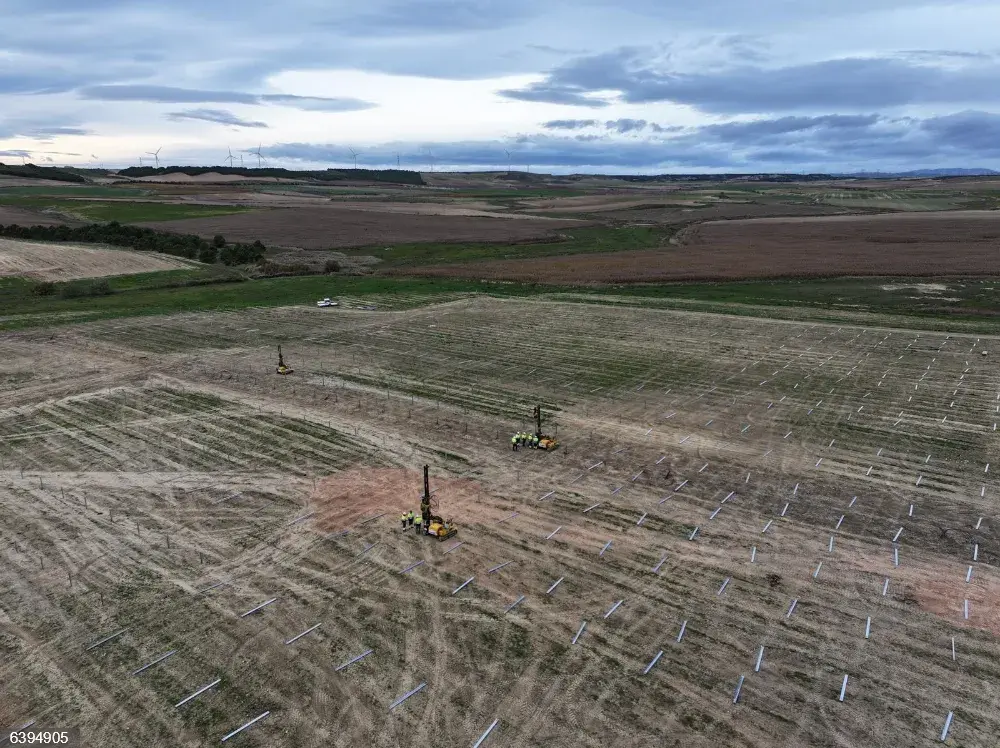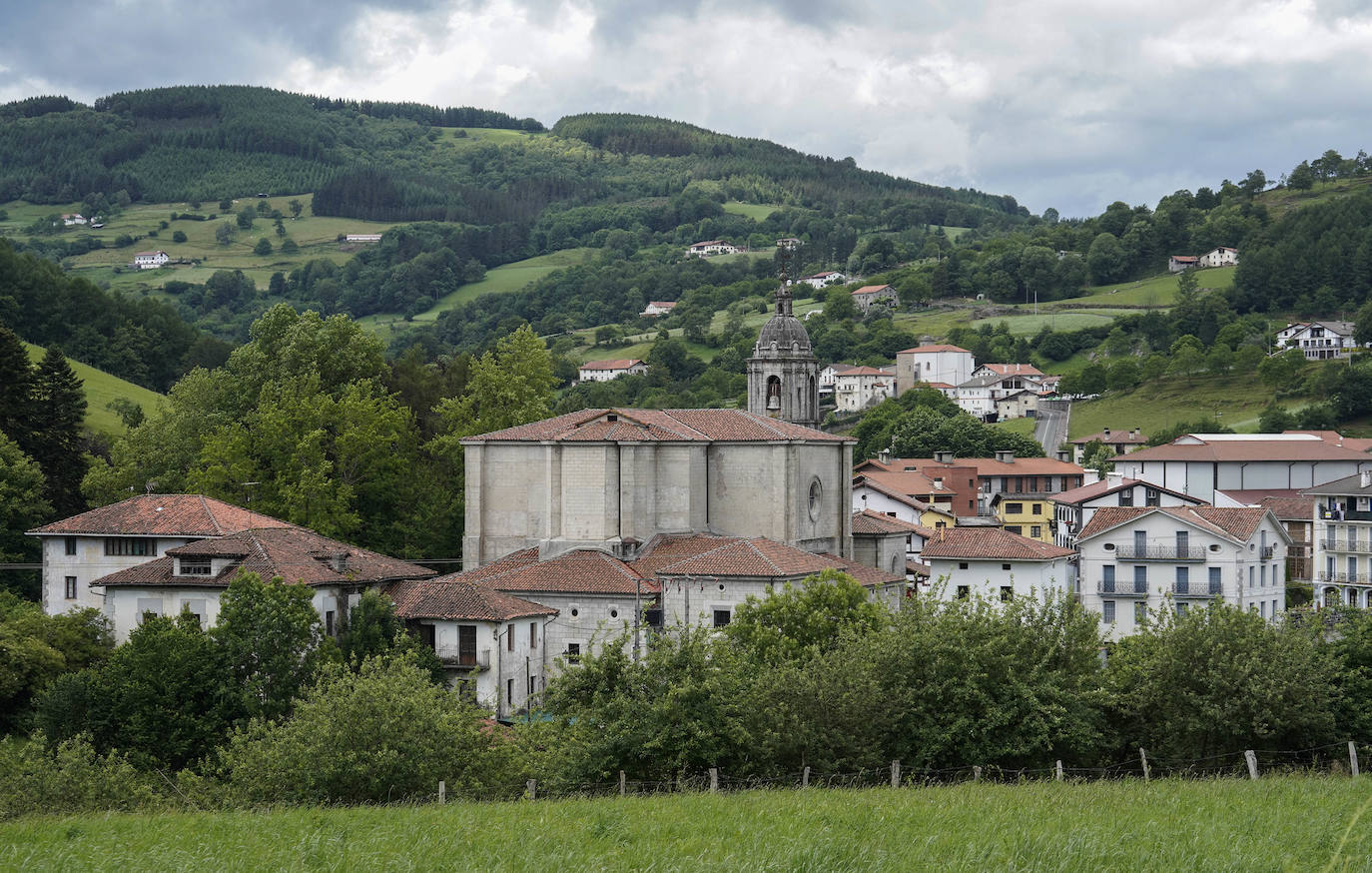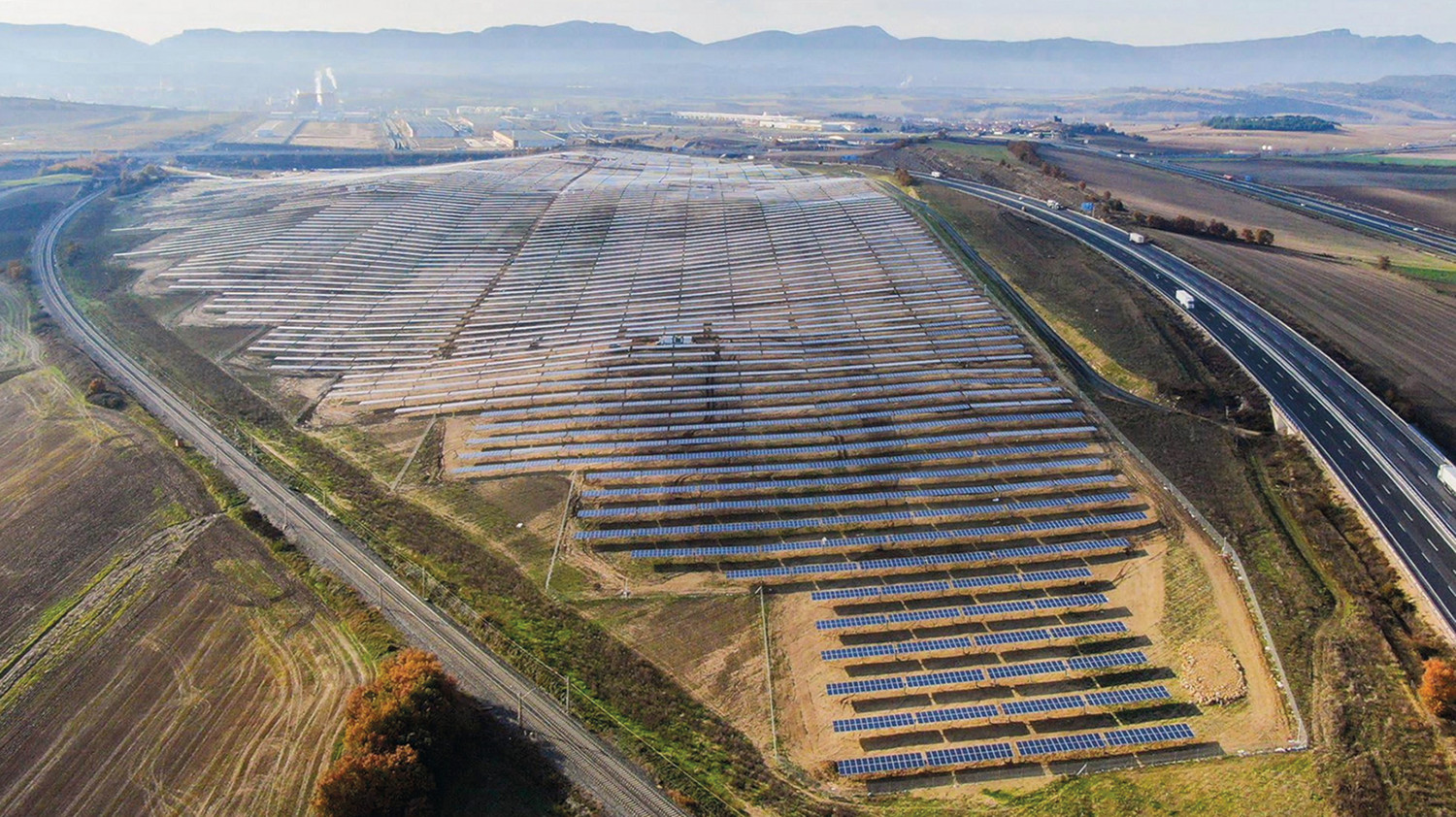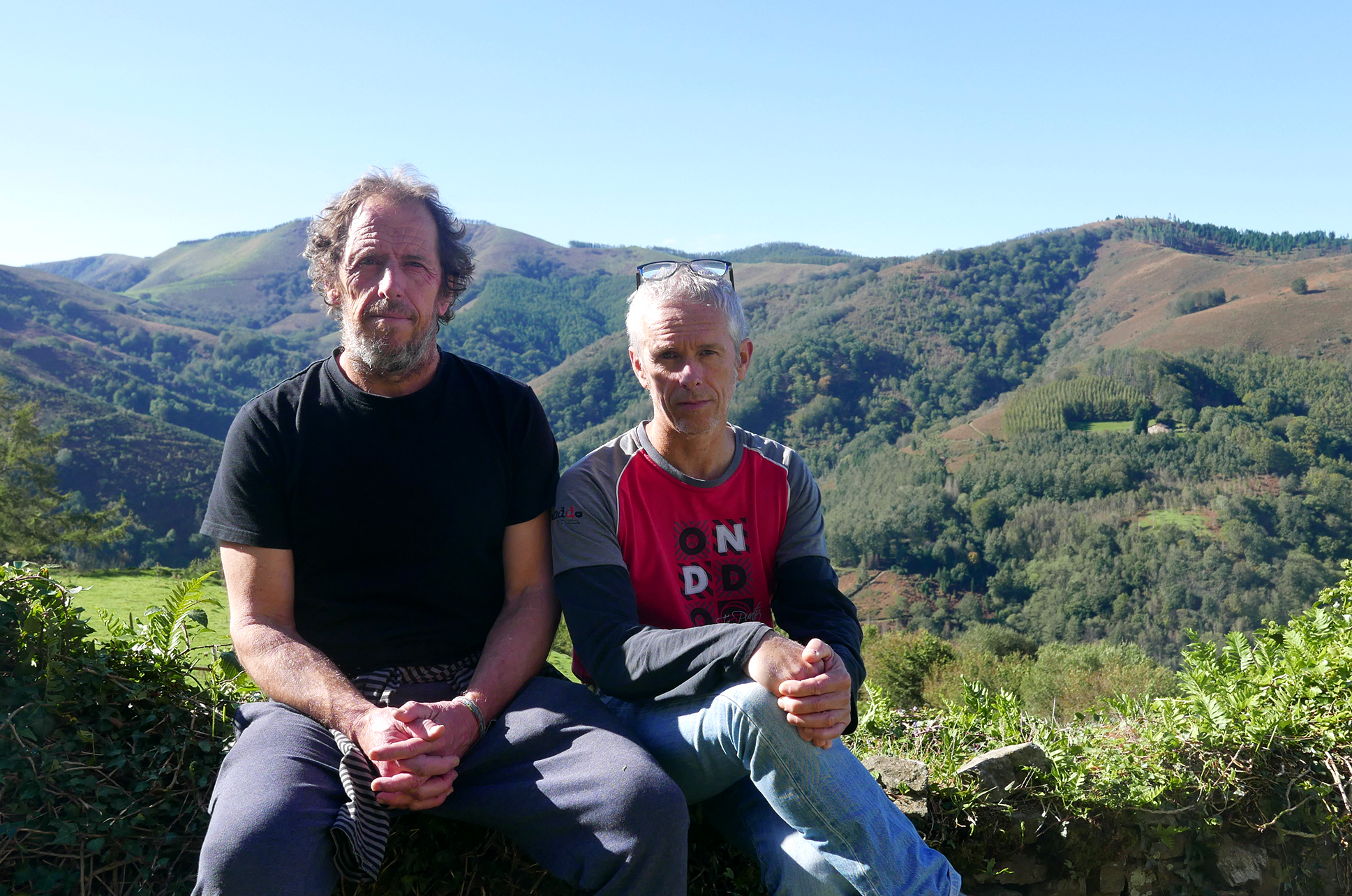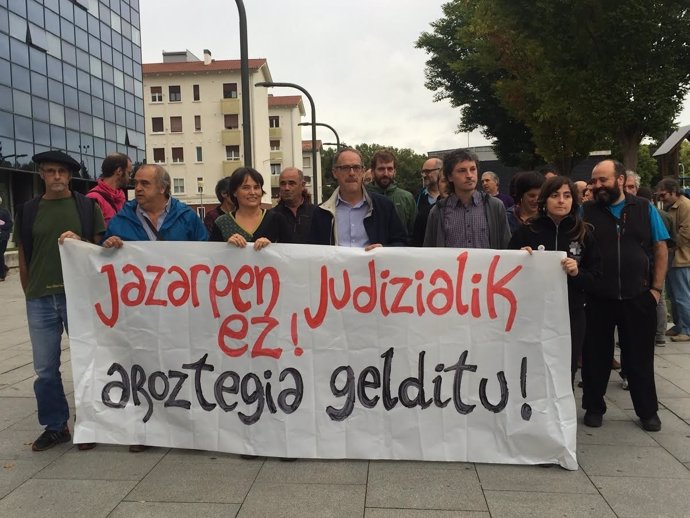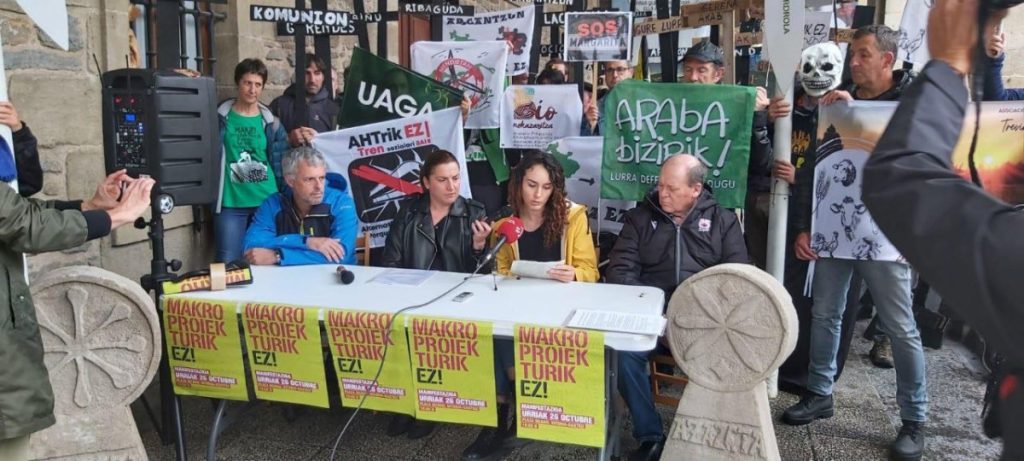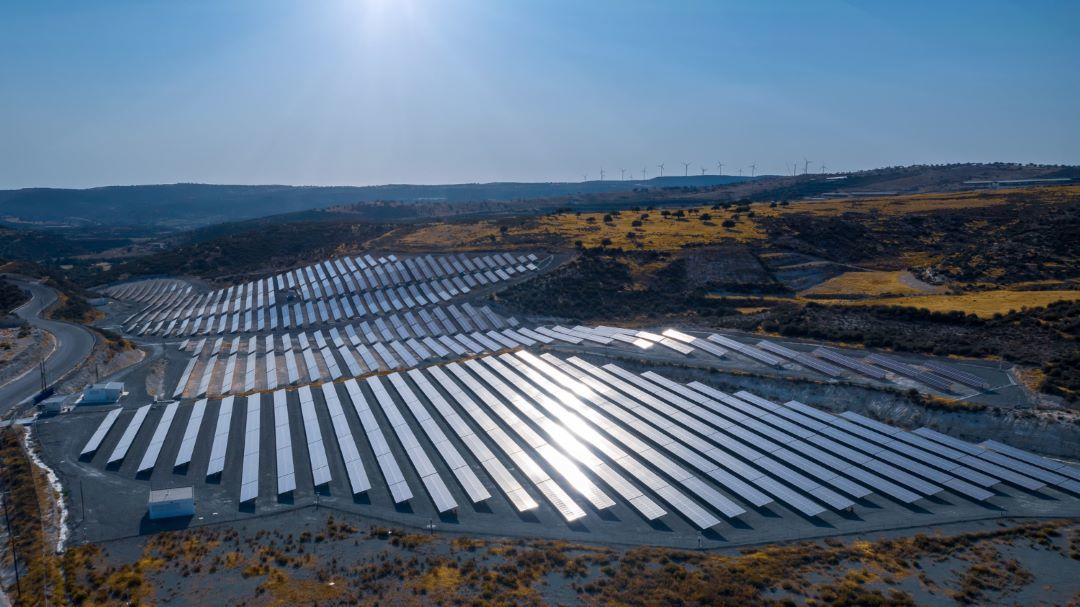Large renewable energy plants must provide 20% of the property to the affected citizens
- Despite the electoral smell, PNV, PSE-EE and EH Bildu have reached an agreement on the Energy Transition Act. Presented at a joint press conference in the Basque Parliament.
The Energy Transition and Climate Change Act will be adopted by the Basque Parliament with a broad consensus, as, in addition to the PNV and PSE-EE that support the government, EH Bildu will also join the agreement because they have approved the amendments tabled by the other two parties.
Some keys to the law
The main objective is: Achieving climate neutrality by 2050. To this end, the agreement provides for several action plans.
As an Action Plan, the objectives are as follows: Make 32% of the energy produced in Araba, Bizkaia and Gipuzkoa renewable by 2030 and reduce pollutant emissions by 45% over the same period.
As far as energy companies are concerned, unlike what has been done so far, they will be regulated more tightly. Companies building renewable energy parks, both windmills and solar panels, without differences, provided that they have a generation capacity greater than 5 megawatts, shall pay a fee from 2025, intended to repair environmental damage and other material damage caused by the installation.
By 2030, 32% of the energy produced in Araba, Bizkaia and Gipuzkoa is expected to be renewable
These companies will also be obliged to provide the municipalities concerned with 20% or more property, whether private or public.
However, the pending implementation of the Sectoral Territorial Renewable Energy Plan would define the locations and characteristics of future electric parks based on the Energy Transition Act.
Finally, in Governance there are several points to highlight. First, Parliament will require the government to stop investing in fossil fuels by 2030. Furthermore, the government will have to allocate at least 2.5% of the overall budget for funding to actions for climate change and the creation of the Basque Climate Change Office, which will have a scientific committee.
Broad consensus
The rule has been dealt with in Parliament for almost a year, and in addition to gathering input from the actors, the opposition parties have tabled many amendments to the draft, but not to the whole.
One of the amendments tabled by EH Bildu was the inclusion of the fee in the law, as well as the setting up of a plan to divest fossil fuels to the government. In this regard, therefore, Mikel Otero, EH Bildu’s parliamentarian, has expressed his satisfaction, even if it is not a law that EH Bildu would like: "We've improved the law, it's a good law."
The three parties that have reached the agreement, the PNV, the PSE-EE and EH Bildu, have offered a joint press conference. All three have agreed that it is a "necessary" law and that they have succeeded in putting the interests of citizens before an ever stronger electoral odor.
These words have been endorsed by the Minister of Environment and Sustainability, Arantxa Tapia, in statements to Radio Euskadi. Taking a look at the elections, looking up and leaving "maximalist" positions, Tapia says it is a law of cooperation. "The precedent that the energy transition framework will set," he said.
The agreement has also been very critical Elkarrekin Podemos - IU. The purple coalition points out that this is a good agreement for "energy corporations" and, directed to EH Bildu, points out: That it has acquired the ideological framework of Petronor and the government and that the law will suppose to "shield" the model of the great wind and solar installations of the Basque Country.
The law Urkullu wanted to leave made
Lehendakari Iñigo Urkullu wanted to leave the Energy Transition law made and passed, if possible, with the widest consensus, before going to the elections. When he said, "There's a lot of work to do," at a level that talked about that law, and other tasks.
Therefore, once a particularly relevant law has been introduced, elections to Parliament may be closer. Yet lehendakari Urkullu has not announced when they will be, but, as we said last week, the opposition has explained its impressions. EH Bildu believes it can be 21 April.
Environmental activist Mikel Álvarez has produced an exhaustive critical report on the wind macro-power plants that Repsol and Endesa intend to build in the vicinity of Arano and Hernani of the region. In his opinion, this is "the largest infrastructure of this kind that is... [+]









